Recently, the exchange rate of the Chinese yuan against the US dollar has plummeted to its lowest point this year at 7.29, which has surprised many and exerted considerable pressure on China's economy.
At the same time, the situation in the United States is also not easy. The amount of US debt to be paid has exceeded 10 trillion US dollars. If the US government fails to repay the debt on time before it matures, their financial system may suffer a heavy blow.
So, in this financial market competition, who between China and the United States faces greater risks? How will the exchange rate of the yuan change?
1. The yuan has experienced a "sharp decline", breaking through 7.29
The depreciation of the yuan exchange rate is undoubtedly closely related to the Federal Reserve's slowdown in reducing interest rates. Not long ago, global investors believed that the Federal Reserve would at least carry out two substantial interest rate cuts this year, with each cut expected to exceed 50 basis points.
However, the reality is that the Federal Reserve may only cut interest rates once, with an amplitude of about 25 basis points, or it may not cut interest rates at all. This has also led to the current expectations for the Federal Reserve's interest rate cuts being much lower than before.
Due to the Federal Reserve's continued maintenance of higher interest rates, the currencies of many Asian countries have depreciated against the US dollar. Among them, the exchange rates of the Japanese yen, South Korean won, Indonesian rupiah, Vietnamese dong, and other currencies against the US dollar have all declined to varying degrees, and the yuan is no exception.
The continuous depreciation of the domestic currency has also had a huge impact on the dining tables of the Japanese and South Korean people. The prices of imported foods have generally increased, and living costs have also increased, making people's living expenses increasingly tight.
Recently, there have been reports that the exchange rate of the yuan against the US dollar has broken through the key point of 7.29. The market's original expectations for the strength of the interest rate cut did not meet expectations, which has made the US dollar more attractive and put pressure on the yuan exchange rate.
However, some experts believe that the yuan exchange rate may have been oversold, and market concerns may be somewhat exaggerated.II. The Basic Stability of the Renminbi
On the part of the Chinese government, there remains a strong confidence in the economic outlook. Zhu Hesheng, the director of the State Administration of Foreign Exchange, stated that we have full confidence and strategies to ensure the stability of the renminbi exchange rate.
Director Zhu also emphasized the "three mores": a more solid economic foundation, stronger market resilience, and richer experience in crisis response. This indicates that China's foreign exchange market is very robust, and the renminbi exchange rate can be maintained within a reasonable range.
These words bring reassurance to investors. So, how should we view these "three mores"?
Although China's economic growth rate has slowed down in recent years, compared to many developed countries and emerging markets, China's economic performance is still outstanding.
It is expected that the global economic growth rate in 2024 will be 3.2%, and the growth expectation for emerging markets is as high as 4.2%. China's actual economic growth rate is expected to remain around 5%, which is quite prominent.
Since the outbreak of the pandemic, China's inflation rate has remained at a low level. According to the International Monetary Fund's forecast, China's inflation rate in 2023 is 0.2%, and it will rise to 1% in 2024.
This low inflation environment usually means that the purchasing power of the currency is stable, making Chinese goods and services more attractive to foreign consumers, which theoretically is beneficial to the appreciation of the renminbi exchange rate.
It is worth noting that although the renminbi exchange rate against the US dollar has declined, this has not directly affected China's domestic financial and consumer markets. In fact, this is actually good news for China's export industry.
At the macroeconomic level, currency devaluation is not conducive to imports but is beneficial to exports. The government will also use regulatory measures to devalue the currency to promote exports. At the same time, China can also use the foreign trade industry to promote domestic economic growth.Therefore, in a sense, a slight devaluation of the yuan is not necessarily a bad thing for us. As the world's largest industrial nation and a major trading partner for many countries, China need not worry about the current situation.
III. Whose crisis is greater?
Looking at the United States, the debt issue is like the Sword of Damocles hanging overhead, which could trigger an earthquake in the global financial market at any time.
The total debt of the U.S. government is about to break through the 35 trillion U.S. dollars mark, and it is climbing at an astonishing rate of increasing 1 trillion U.S. dollars every quarter.
Although the debt pressure has been temporarily alleviated by the policy of raising interest rates, in the long run, the interest costs that the government needs to pay will continue to rise, which will undoubtedly bring a heavy burden to the economy.
Data released by the U.S. government shows that a record 8.9 trillion U.S. dollars of U.S. Treasury bonds will mature in 2024, which accounts for one-third of the current U.S. outstanding debt.
To maintain government operations, the U.S. Department of the Treasury needs to issue more than 10 trillion U.S. dollars in Treasury bonds. This number sounds alarming, and the speed of debt growth is too fast.
Although the U.S. high interest rate policy can solve the current problem, in the long run, the interest costs that the government needs to pay will increase sharply, which is a heavy burden on the economy.
If the United States cannot handle these debts properly, then global investors' confidence in the United States will be severely weakened. If this situation continues, the United States may face more serious capital outflows in the future.
At that time, the status of the U.S. dollar as the world's reserve currency will be weakened, and Wall Street will find it very difficult to maintain its operations by harvesting global wealth as before.Once there is a default on U.S. debt, the financial and national credibility of the United States will be severely damaged. This will lead the United States into a vicious cycle and may even trigger the collapse of Wall Street's financial market.
Although China's economy is also facing some pressure at present, China's development model is sustainable. Once China's economy gets through the current difficulties, the market will definitely regain its vitality.
Therefore, whether it is domestic or foreign investors, including the renminbi and Chinese assets in their investment portfolio is undoubtedly a long-term and stable choice.
In short, whether it is the fluctuation of the renminbi exchange rate or the U.S. debt problem, they are all reminding us that in the era of a globalized economy, the economic dynamics of any country may trigger a chain reaction.
Therefore, investors need to look for opportunities in changes, but also pay close attention to the global economic dynamics to cope with various challenges and risks that may arise.
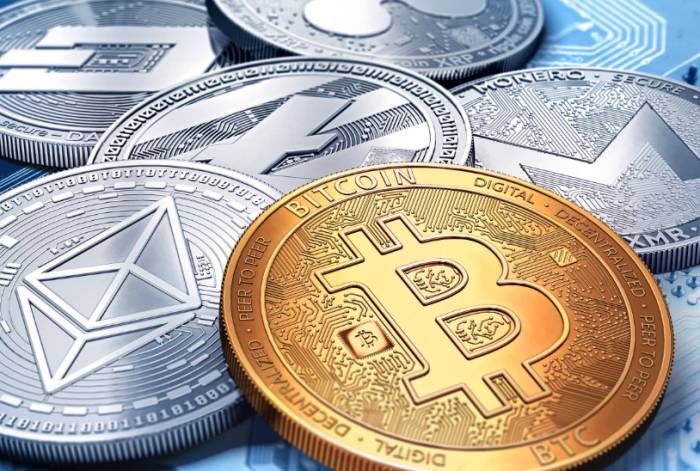



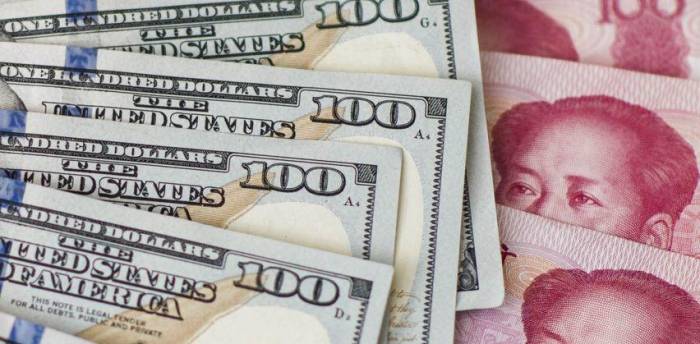

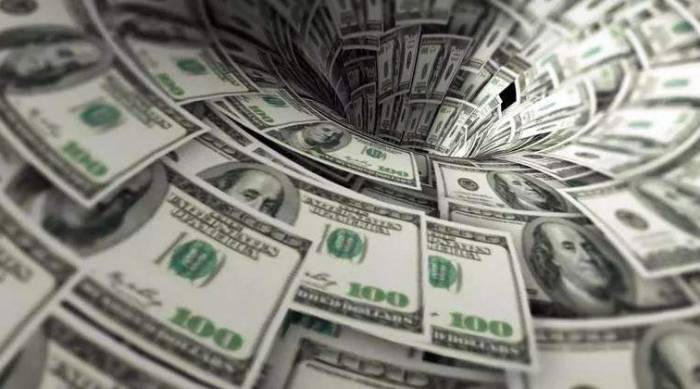


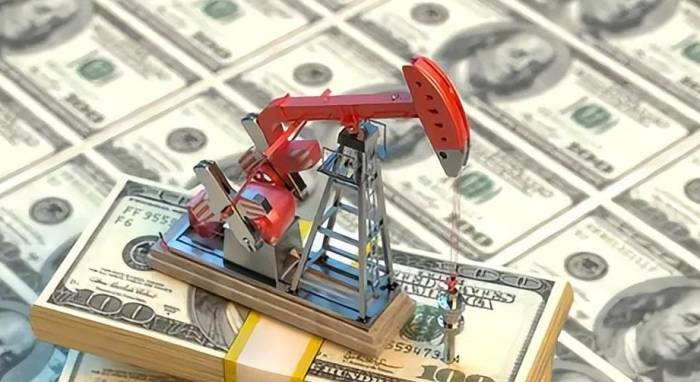


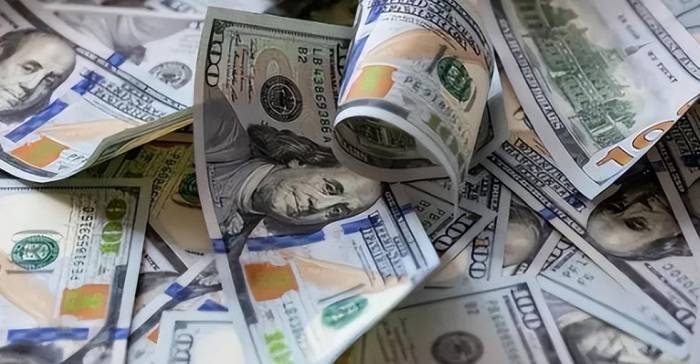

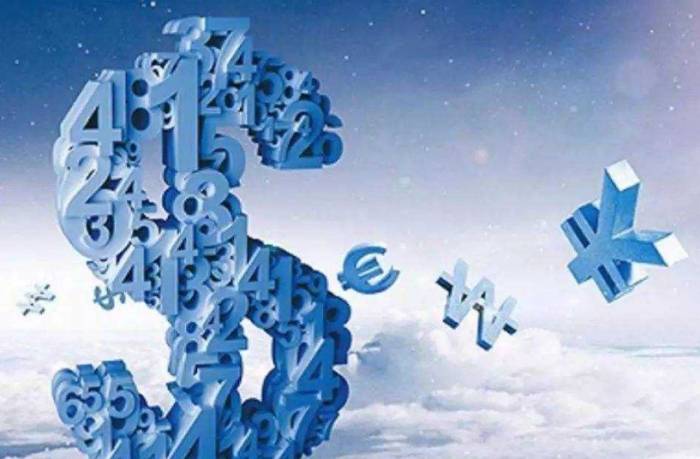

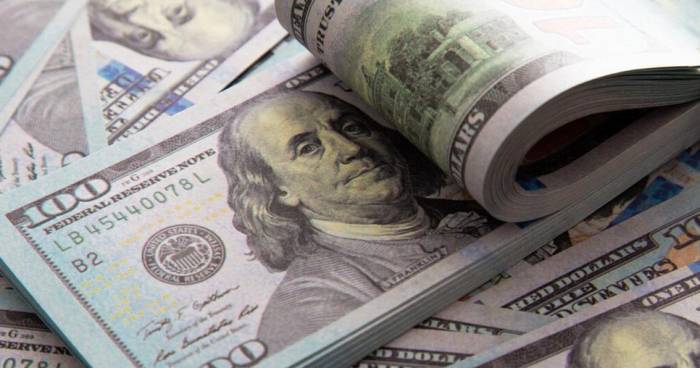


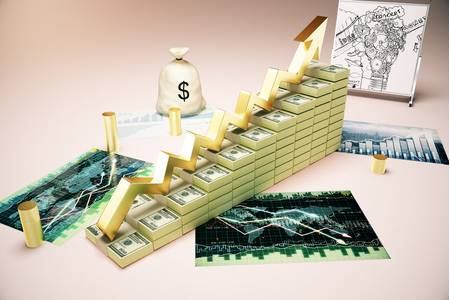





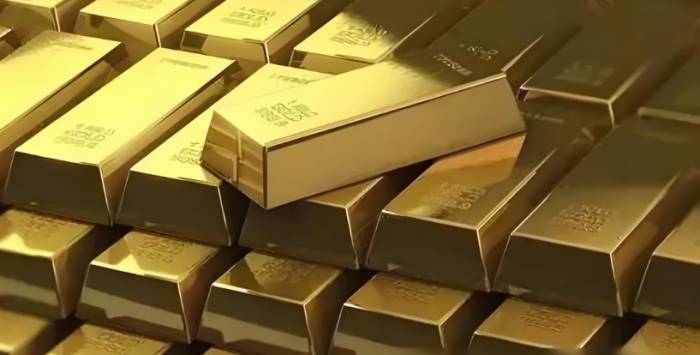
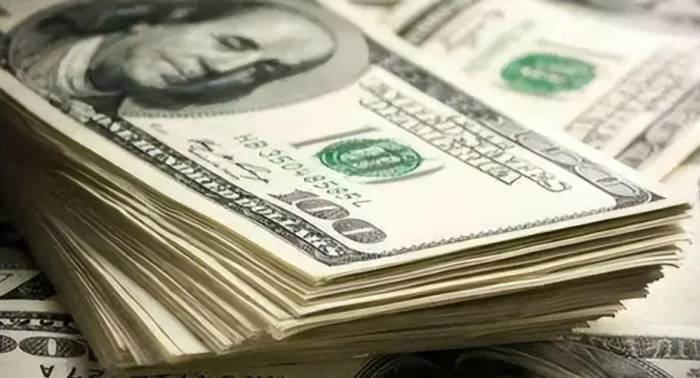


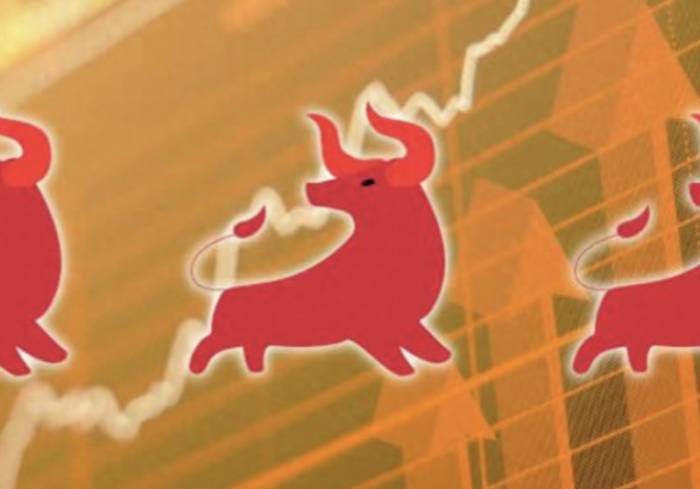
Leave a Comment